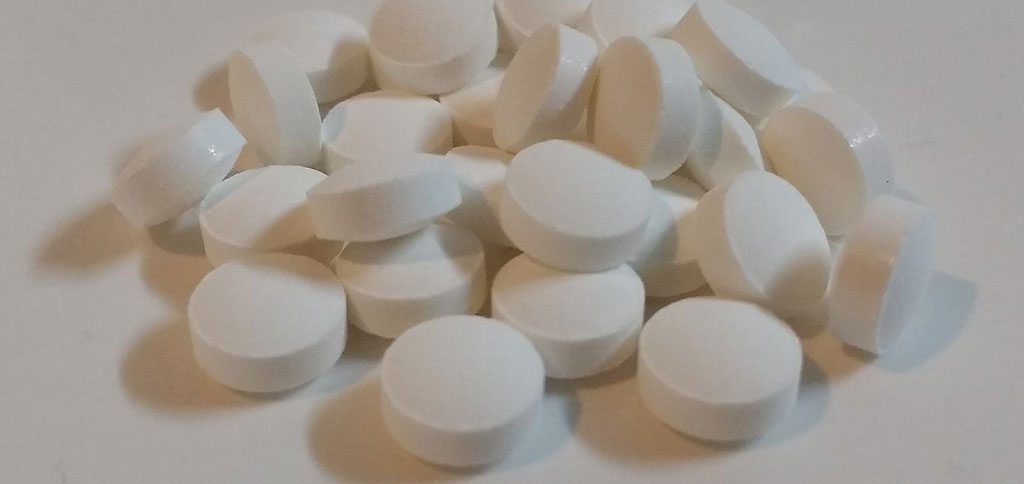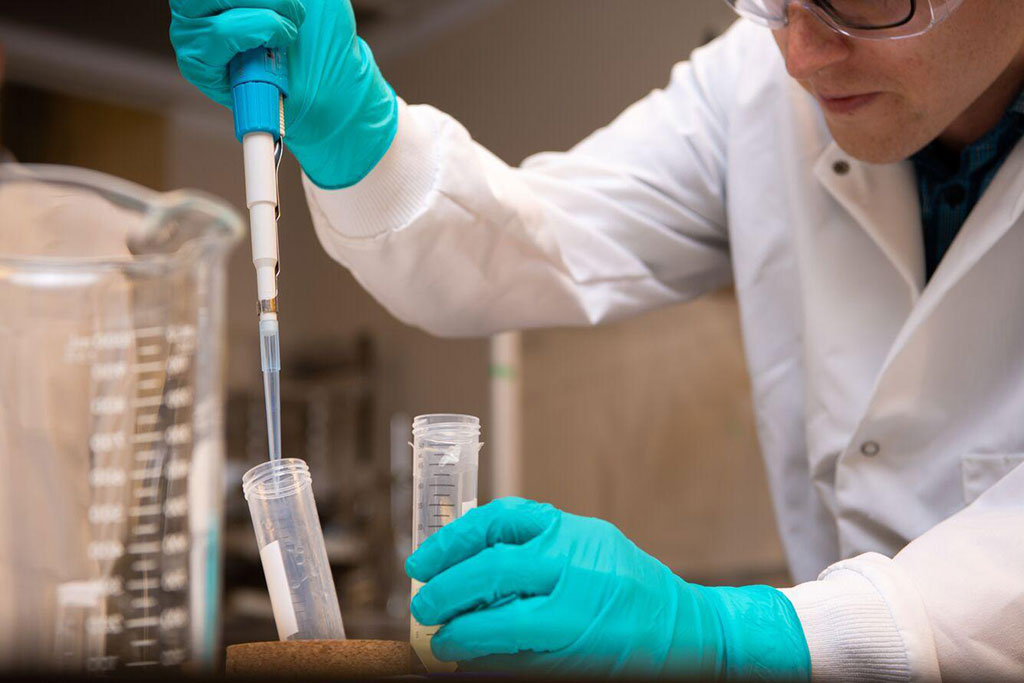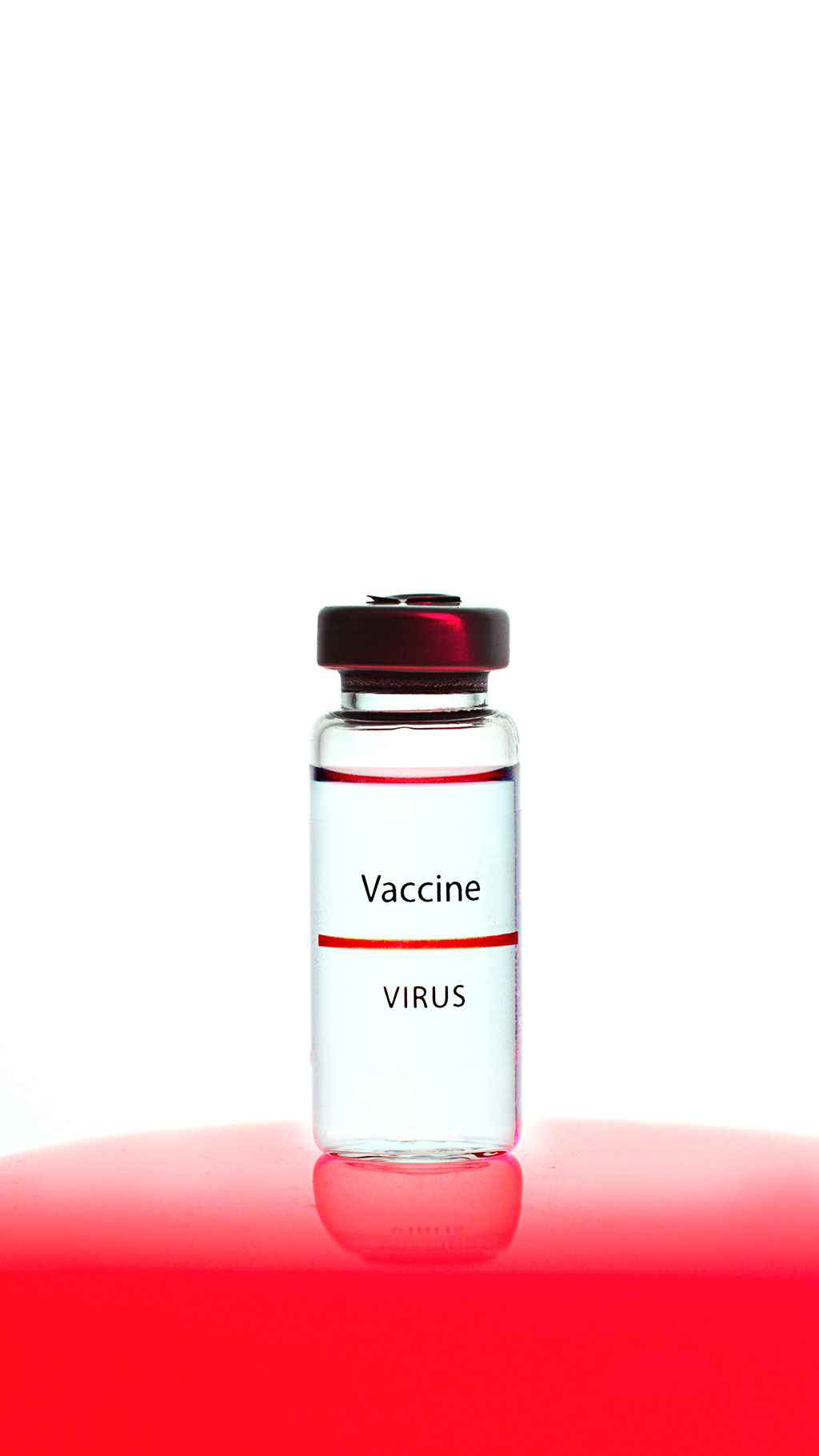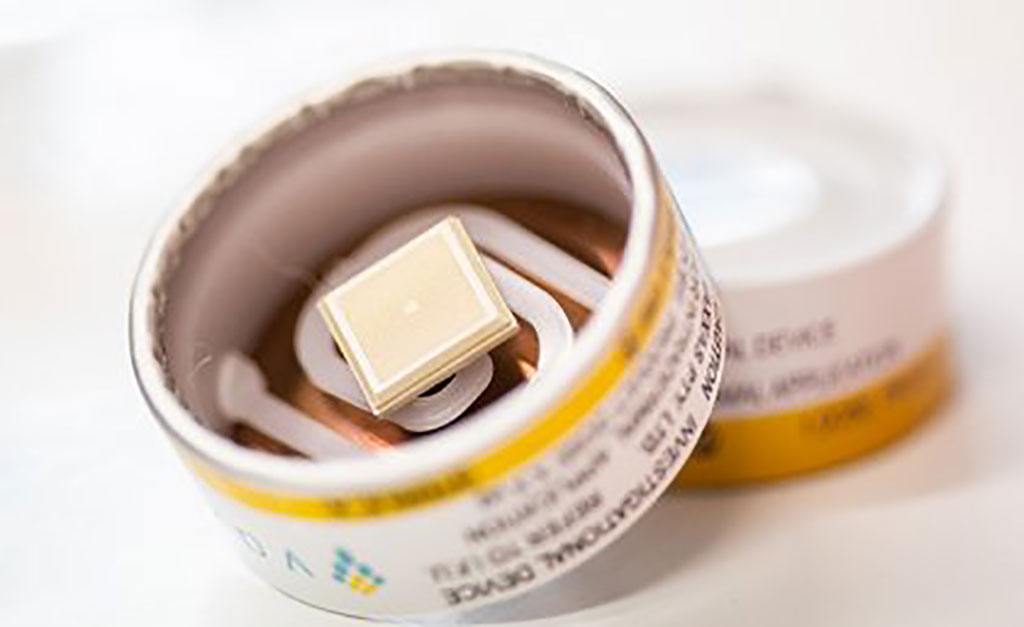New Study Provides Encouraging Results on Use of Ivermectin for Reducing Viral Transmission in Patients with Mild COVID-19
By HospiMedica International staff writers
Posted on 20 Jan 2021
A small pilot study suggests that early administration of ivermectin can reduce viral loads and symptom duration in patients with mild COVID-19, which in turn could help reduce viral transmission.Posted on 20 Jan 2021
The study, led by the University of Navarra Clinic (Pamplona, Spain) and the Barcelona Institute for Global Health (ISGlobal; Barcelona, Spain), warrants further exploration in larger clinical trials. Ivermectin is an antiparasitic drug that has been shown to reduce SARS-CoV-2 replication in vitro (in cell lines), albeit at concentrations that exceed those recommended for human use. This, together with preliminary results from a trial in humans that used data of dubious origin and was never peer-reviewed, prompted the use of ivermectin in many Latin-American countries despite the lack of reliable evidence on its efficacy in treating or preventing infection.

Image: New Study Provides Encouraging Results on Use of Ivermectin for Reducing Viral Transmission in Patients with Mild COVID-19 (Photo courtesy of Mx. Granger)
In the pilot study performed with COVID-19 patients, the team evaluated whether the maximal dose of ivermectin recommended in Europe could have an impact on viral transmission when administered within the first days after symptom onset. The research team gave one single dose of ivermectin or placebo to 24 patients with confirmed infection and mild symptoms, within the first 72 hours after the first symptoms started. Nasal swabs and blood samples were taken at the moment of enrolment and one, two and/or three weeks after treatment. Seven days after treatments, no difference was observed in the percentage of PCR-positive patients (100% of patients were positive in both groups).
However, the mean viral load in the ivermectin-treated group was lower (around 3x lower at four days and up to 18x lower at seven days post-treatment), although the difference was not statistically significant. Treated patients also showed a reduced duration of certain symptoms (of 50% for loss of smell and taste and of 30% for cough). All patients developed virus-specific IgG but, again, the mean level of antibodies in the treated group was lower than in the placebo group. The fact that there was no effect on duration of symptoms or makers associated with inflammation suggests that ivermectin may act through mechanisms that do not involve a possible anti-inflammatory effect. The researchers believe it could be interfering with viral entry in the cells, as suggested by another study performed in hamsters.
“Many efforts are focusing on developing treatments for COVID-19, but few are addressing how to reduce viral transmission,” said study coordinator Carlos Chaccour, researcher at ISGlobal and physician at the University of Navarra Clinic. “Our findings are in line with those from recent assays conducted in Bangladesh and Argentina. Although our study is small and it is too early to draw conclusions, the trends observed in viral loads, symptom duration and antibody levels are encouraging and warrant further exploration in larger clinical trials with a higher diversity of patients.”
Related Links:
University of Navarra Clinic
Barcelona Institute for Global Health














